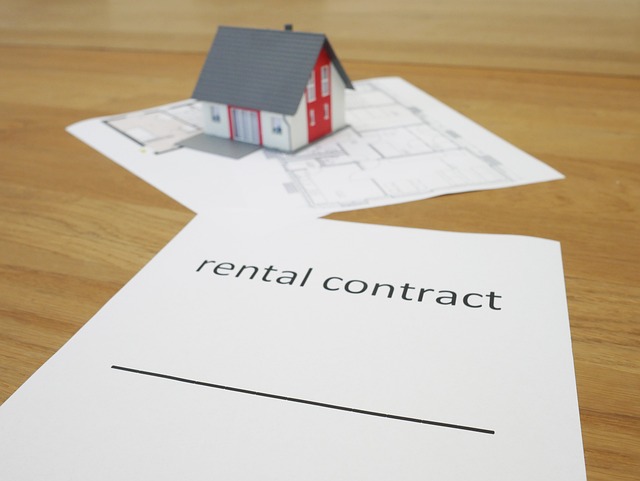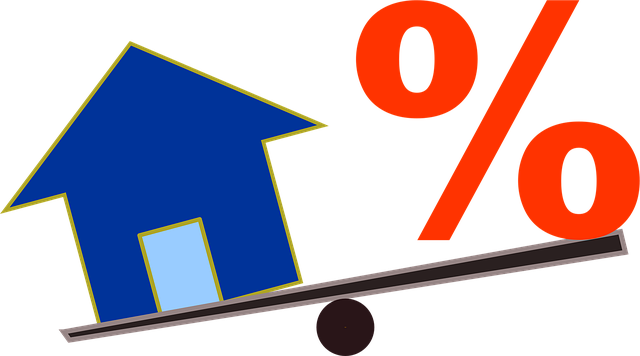Real estate closing costs are significant expenses affecting property transactions, including legal fees, title search charges, appraisal costs, and transfer taxes. Buyers should be aware of mortgage insurance and negotiation strategies, while sellers consider repair/update costs, agent commissions, and legal fees. Market conditions, property type, and expert professionals play key roles in maximizing savings during the closing process.
In the dynamic realm of real estate, understanding closing costs is key to unlocking significant savings. While many focus on purchase price, hidden fees and expenses during the closing process can substantially impact your bottom line. This article delves into the intricate world of closing costs, exploring factors influencing your potential savings and offering strategic insights to minimize unexpected outlays. By arming yourself with this knowledge, you’ll navigate real estate transactions with greater confidence and financial acumen.
Understanding Closing Costs in Real Estate

In the world of real estate, closing costs refer to the various fees and expenses that a buyer or seller incurs during the final stages of a property transaction. These costs are an essential consideration as they can significantly impact the overall savings and financial outlay associated with purchasing or selling a home. From legal fees and title search charges to appraisal costs and transfer taxes, each component plays a crucial role in the closing process.
Understanding these closing costs is vital for both buyers and sellers as it allows them to budget effectively and make informed decisions. For instance, buyers should be aware of the potential expenses they might face, such as mortgage insurance or closing costs associated with their loan. On the other hand, sellers can anticipate costs related to preparing the property for sale, including any necessary repairs or updates, real estate agent commissions, and legal fees. By factoring in these costs early on, individuals can ensure a smoother transaction and potentially maximize their savings in the long run.
Factors Affecting Your Savings

When it comes to understanding closing costs in real estate, several factors significantly affect your potential savings. One of the primary considerations is the market condition at the time of purchase. A buyer’s agent can play a crucial role here by keeping an eye on trends and helping you secure the best deal possible.
Additionally, the type of property and its location matter. For instance, homes in areas with lower property values might have fewer associated costs compared to prime real estate locations. Furthermore, negotiating skills, closing cost arrangements with the seller, and understanding various fees like title search, appraisal, and escrow services are all part of maximizing your savings during the closing process.
Strategies to Minimize Unexpected Expenses

When navigating the complex landscape of real estate, minimizing unexpected expenses is key to maximizing savings. One effective strategy involves thorough research and planning prior to making any purchases. Understanding various fees associated with real estate transactions, such as closing costs, appraisal fees, and inspection charges, can help buyers avoid financial surprises.
Additionally, negotiating with sellers and working with experienced professionals who can guide through the process is beneficial. Pre-approval for a mortgage can also provide clarity on budget limits, while timely inspections ensure any potential issues are addressed before finalization, preventing costly repairs down the line.






